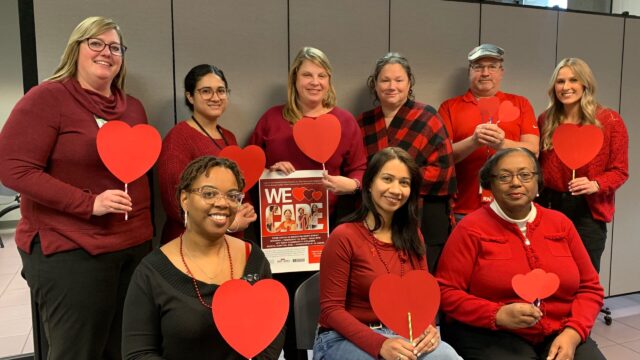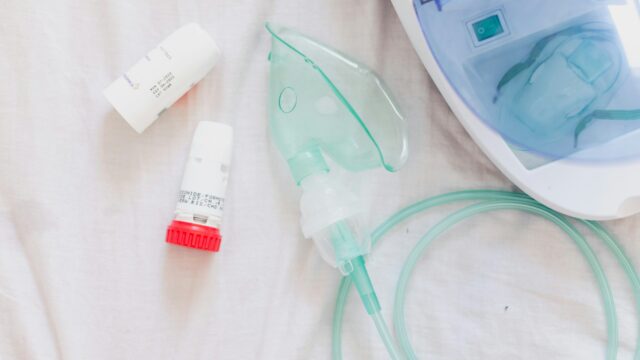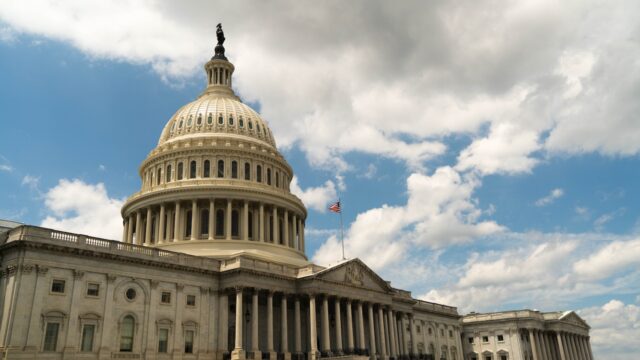To better support and retain the public health workforce, federal loan repayment program should be fully funded
May 2024

BCHC and 140 organizations signed on to a letter urging the Senate Appropriations Committee on Labor, Health and Human Services, Education, and Related Agencies to include $100 million for the Public Health Workforce Loan Repayment Program and $50 million for the Bio Preparedness Workforce Pilot Program in the FY25 budget.
The state and local public health workforce is the backbone of the nation’s governmental public health system but is facing a crisis. Between 2008 and 2019, state and local health departments lost 15 percent of essential staff, and 80,000 more full-time equivalents – an increase of nearly 80 percent – are needed to provide a minimum package of public health services. New data on local health departments show that the workforce grew after an influx of funding during the pandemic, with an increase over 150% in temporary contract workers, but this increase is short-lived without additional funding. While all health departments need additional staff, one of the most acute needs is in small local health departments which often serve rural communities. Without sufficient funding to recruit and retain staff, health departments may not be able to carry out essential services like screening and treatment for both chronic and communicable diseases; maternal and child health services; epidemiology and surveillance; routine immunizations; primary prevention services; and regulation, inspection, or licensing. Local and state health departments are also our nation’s first line response to public health emergencies. An underinvestment in state and local public health workforce leaves our communities under-prepared to respond to emergencies, including infectious disease outbreaks, environmental hazards, and weather-related events.
The Public Health Workforce Loan Repayment Program and the Bio-Preparedness Workforce Pilot Program are commonsense, bipartisan incentives that will help ensure our public health and infectious disease workforces grow sufficiently to keep our communities safe and healthy in the years to come.
Meanwhile, the infectious disease (ID) and HIV workforce that works in collaboration with public health is also in crisis. Workforce shortages coupled with lower pay and a lack of financial incentives for recruitment and retention persist among ID and HIV health care professionals, including ID physicians, clinical microbiologists, nurses, pharmacists, physician assistants, infection preventionists, and dentists. In 2022, 80 percent of U.S. counties lacked an ID physician, and just over half of ID physician training programs filled, compared to most other physician specialties which filled nearly all their programs. A quarter of health care facilities have reported a vacant infection preventionist position and a 2019 survey showed a vacancy rate for clinical microbiologists of over 10 percent. Communities without ID health care professionals will be less equipped to respond to threats like antimicrobial resistance, health care associated infections, sepsis, and infectious diseases associated with the opioid epidemic, and less able to advance federal initiatives to End the HIV Epidemic and eliminate viral hepatitis.
Our organizations are grateful to Congress for recognizing the challenges facing these vital workforces and including Section 2221 of the Consolidated Appropriations Act of 2023 bipartisan legislation authorizing both the Public Health Workforce Loan Repayment Program and the Bio-Preparedness Workforce Pilot Program. These programs will provide needed financial incentives to bring public health and ID professionals into settings where they are crucially needed.
Investing in these bipartisan programs would promote the recruitment and retention of as many as 2,000 public health professionals at local, state, and Tribal public health agencies across the country, and as many as 1,000 ID and HIV health care professionals in rural and urban health professional shortage areas, medically underserved communities, or federal facilities by offering loan repayment in exchange for three-year service commitments. These commonsense incentives will help ensure our public health and ID workforces grow sufficiently to keep our communities safe and healthy in the years to come.
Read the full letter
Download now Read the full letter

